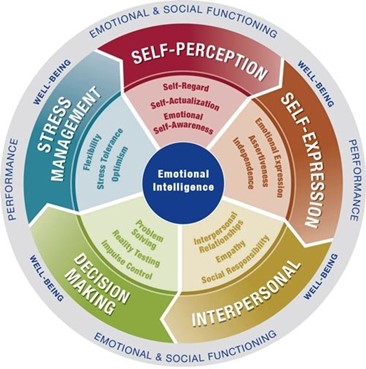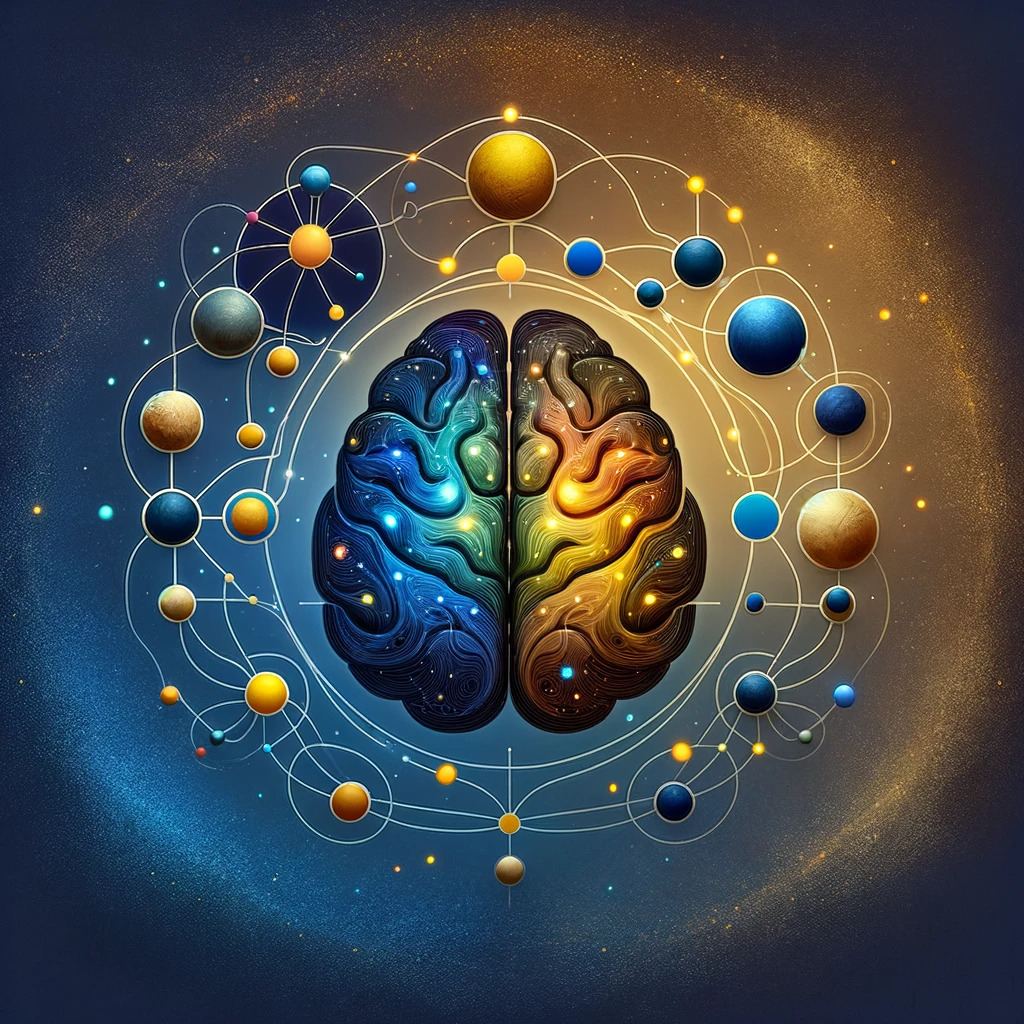In a very real sense we have two minds – one that thinks and one that feels. These two fundamentally different ways of knowing interact at all times to construct our mental life. Neocortex is the seat of thought, it adds to a feeling what we think about it, this is where ideas, opinions and concepts are created. Amygdala stores emotional memory and feelings and it is at the heart of emotional intelligence.
Emotional intelligence can be defined as one’s ability to recognize, understand and manage own emotions as well as the capacity to recognize, understand and influence the emotions of others. It impacts many areas of one’s life, including physical and mental health, work performance, relationships and wider social intelligence.
Various psychometric assessments have been developed to quantify the level of emotional intelligence, often reflected in a person’s EQ(emotional quotient). EQ and IQ are not highly correlated. While IQ may predict academic success, it does not necessarily correspond to success in other areas of life. More importantly, while IQ score will remain relatively constant throughout our adult life, EQ can change.
We are able to significantly develop our emotional intelligence. The existence of tools that measure it allows us to identify specific areas of emotional intelligence to focus on. Psychometric assessments EQi-2.0 and EQi-360 can serve as a sound foundation for such developmental work. EQi-2.0 allows us to understand how we perceive and express ourselves, how we develop and maintain social relationships, cope with challenges and use emotional information effectively and meaningfully. EQ360 provides that same information with the added invaluable feedback from others.

Everyone’s journey to growth begins with understanding oneself. When we understand, we can determine what – if anything – is worth working on and developing further. And when it’s important enough, we can change.
The level of our emotional intelligence doesn’t impact only us. It impacts everyone around us, both in our personal and professional lives. Cultivating it can lead to better self-understanding, improved communication and relationships, effective leadership, increased resilience, and overall personal and professional success.




